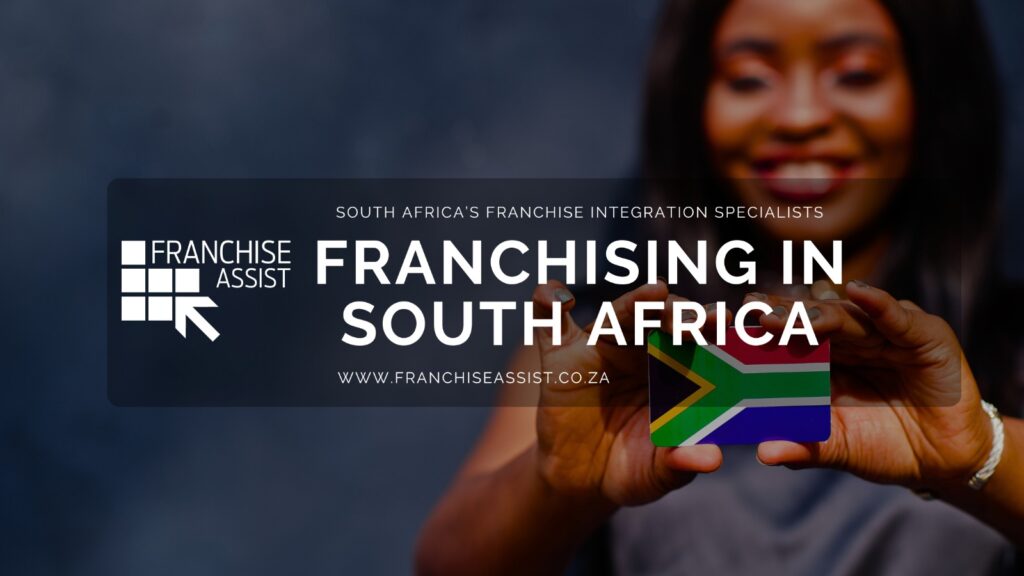Franchising can be a lucrative business model for entrepreneurs looking to expand their brand and for individuals seeking to invest in a proven business concept. However, understanding the fees involved and the timeline for achieving a return on investment (ROI) is critical for success. This document provides an overview of the fees associated with franchising in South Africa and outlines when a franchisor can expect to see a return on their initial investment.
Franchise Fees Overview
Franchising involves multiple fees, which can be categorized into initial and ongoing fees:
- Initial Franchise Fee
This is the fee charged by the franchisor to grant a franchisee the right to operate under their brand. It typically covers training, initial support, and the use of intellectual property.
- Royalty Fees
These are ongoing fees paid by the franchisee, often calculated as a percentage of gross sales. They contribute to the franchisor’s ongoing support and operational costs.
- Marketing Fees
Franchisees usually contribute to a collective marketing fund, which is used for national and regional advertising campaigns to promote the brand.
Investment Required by the Franchisor
To establish a franchise-ready business, a franchisor typically needs to invest approximately R400,000. This amount generally covers:
- Developing the franchise package, including operations manuals, training programs, and legal documentation.
- Setting up marketing materials and brand guidelines.
- Implementing systems to support franchisees, such as point-of-sale software Saas and CRM systems.
- Legal fees for franchise agreements and compliance with South African laws.
Achieving Return on Investment
In my experience, a franchisor can recover their initial investment of R400,000 by successfully onboarding four franchisees. Here’s how:
- Initial Franchise Fees
If each franchisee pays an initial franchise fee of R100,000 (a typical figure in many industries), the franchisor can recover their investment by signing up four franchisees.
2. Ongoing Royalties
While the initial franchise fees cover the setup costs, the royalty fees provide a steady revenue stream for the franchisor. This can enhance profitability over time and support further growth.
3. Economies of Scale
As more franchisees join the network, shared costs such as marketing and support are distributed, improving overall efficiency and profitability.
Timeline for ROI
The time it takes to onboard four franchisees can vary depending on the strength of the brand, market conditions, and the effectiveness of the franchisor’s recruitment strategies. However, a well-prepared franchisor with a robust franchise package and a strong market demand can achieve this milestone within 12 to 24 months.
Conclusion
Franchising requires a significant initial investment, but the returns can be substantial when managed effectively. By investing R400,000 to develop a comprehensive franchise package, franchisors in South Africa can set themselves up for long-term success. Achieving ROI typically involves recruiting four franchisees, supported by strong systems, brand recognition, and ongoing operational efficiency.
It takes time to develop a comprehensive franchise package, often several months, as it involves creating detailed documentation, systems, and training programs. The R400,000 investment required for this process is typically spread out over these months, making it a manageable expense for the franchisor.
Franchisors who plan strategically and provide value to their franchisees are well-positioned to build profitable networks and achieve sustainable growth.

